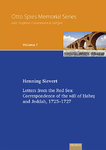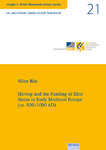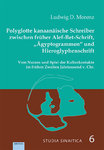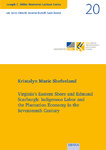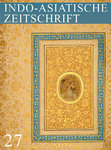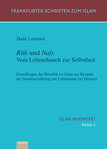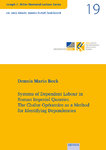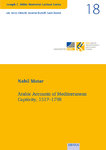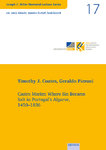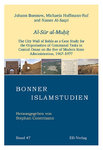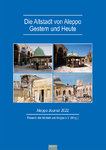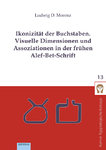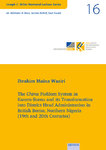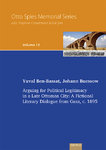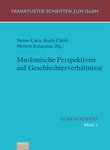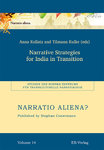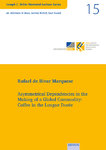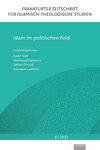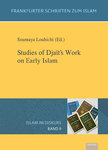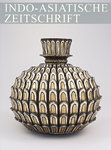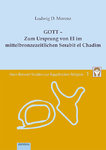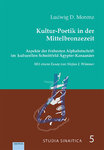Verlag für Wissenschaft und Praxis
Categories OPEN ACCESS Reihe: Joseph C. Miller Memorial Lecture Series Vol. 11: How to Create a Labour Market in Colonial Situations:
Categories OPEN ACCESS Reihe: Joseph C. Miller Memorial Lecture Series Vol. 10: Historicizing the Yanacona: Methodological Decisions, Implications and Challenges
Categories OPEN ACCESS Reihe: Joseph C. Miller Memorial Lecture Series Vol. 9: Dominus and Tyrannos? Narratives of Slavery in the Political Discourse of Late Antiquity
Categories OPEN ACCESS Reihe: Joseph C. Miller Memorial Lecture Series Vol. 8: “Performing Freedom: Strategies of Escaping Slavery in Southern Cities, 1810–1860”
Categories OPEN ACCESS Reihe: Joseph C. Miller Memorial Lecture Series Vol. 7: Moral Dilemmas in Slave-Owning Societies: Evidence from Early Legal Texts
Categories OPEN ACCESS Reihe: Joseph C. Miller Memorial Lecture Series Vol. 6: When Looms Begin to Weave by Themselves:
Categories OPEN ACCESS Reihe: Joseph C. Miller Memorial Lecture Series Vol. 5: Clay embodiments:Materializing Asymmetrical Relations in Pre-Hispanic Figurines from Ecuador
Categories OPEN ACCESS Reihe: Joseph C. Miller Memorial Lecture Series Vol. 4: From “Little Better than Slaves” to “Cowskin Heroes”: Poor White People in Jamaica, 1655–178
Categories OPEN ACCESS Reihe: Joseph C. Miller Memorial Lecture Series Vol. 3: Medieval Women in the Très Ancien Coutumier de Normandie.
Categories OPEN ACCESS Reihe: Joseph C. Miller Memorial Lecture Series Vol. 2: At the Intersection of Labour History and Digital Humanities:
Diese Kategorie durchsuchen:
Reihe: Joseph C. Miller Memorial Lecture Series
Vol. 10: Historicizing the Yanacona: Methodological Decisions, Implications and Challenges
Artikel-Nr.: ISBN 978-3-86893-403-8Vol. 9: Dominus and Tyrannos? Narratives of Slavery in the Political Discourse of Late Antiquity
Artikel-Nr.: ISBN 978-3-86893-402-1Vol. 8: “Performing Freedom: Strategies of Escaping Slavery in Southern Cities, 1810–1860”
Artikel-Nr.: ISBN 978-3-86893-401-4Vol. 7: Moral Dilemmas in Slave-Owning Societies: Evidence from Early Legal Texts
Artikel-Nr.: ISBN 978-3-86893-400-7
Diese Kategorie durchsuchen:
Reihe: Joseph C. Miller Memorial Lecture Series




